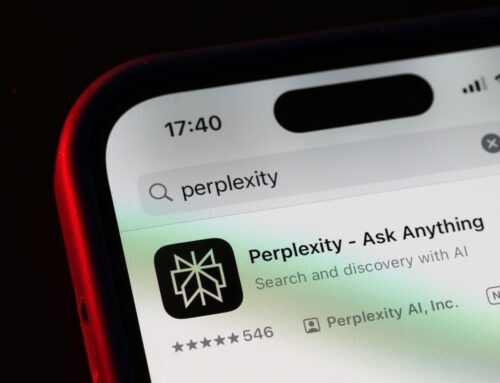Analysis-Amazon’s $38 billion OpenAI deal shows it is no longer an AI laggard
November 4, 2025
By Harshita Mary Varghese and Kritika Lamba
(Reuters) -Amazon’s $38 billion cloud deal with OpenAI marks a major endorsement for the e-commerce giant’s cloud business after recent setbacks, including ceding market share to rivals and an outage that disrupted large parts of the internet.
After years of leading the cloud computing industry with its highly profitable Amazon Web Services (AWS) business, Amazon has watched Microsoft and Alphabet’s Google snatch big-ticket contracts with their AI-steeped clouds.
Its lead in the cloud market slipped to 29% as of September, from 34% a few months before ChatGPT was launched in 2022, according to data from Synergy Research Group.
Amazon was considered a laggard in the AI race by many investors because it was late to launch a flagship large language model and for failing to offer a consumer-facing chatbot like OpenAI’s ChatGPT.
Recently, though, the company has ramped up spending on its AI efforts, and last month opened an $11 billion AI data center in Indiana called Project Rainier, where startup Anthropic’s models are being trained using Amazon’s own Trainium chips.
Monday’s deal with OpenAI, a marquee customer, coupled with strong quarterly results last, suggests AWS is regaining momentum, analysts and investors said.
“While it is small relative to other deals OpenAI has made with other cloud providers, it represents a key first step in Amazon’s effort to partner with a company that is spending over a trillion dollars on computing power in the coming years,” said Mamta Valechha, analyst at Quilter Cheviot.
Amazon’s stock rose 5% after the deal to a record high after it traded little changed for most of the year, lagging the gains seen in other Big Tech stock that have surged on cloud-computing deals worth hundreds of billions of dollars with AI startups.
Microsoft last week disclosed a $250 billion OpenAI commitment for its Azure cloud services under a new arrangement that allowed OpenAI to restructure itself, while Oracle has signed a $300 billion deal with the startup. Google has a chip agreement worth tens of billions with Anthropic among other AI tie-ups.
HIGHER AI SPENDING TO DRIVE GAINS
Amazon’s efforts have in part been hampered by executive losses. A key vice president helping oversee generative AI development left for another company, Reuters reported in June.
To stay competitive and fund the costly data centers needed to support the technology, CEO Andy Jassy has tried to cut through management layers and even installed an anonymous complaint line for identifying inefficiencies.
The company said last week it would reduce its corporate workforce by about 14,000 in one of its biggest layoffs. It is also spending more on AI, with its capital expenditure expected to total around $125 billion this year and more the year after.
That is more than Alphabet’s planned outlay of up to $93 billion, and roughly in-line with what Wall Street expects Microsoft to spend this year.
Analysts said the OpenAI deal offers a credible path for Amazon to recoup its spending. Brian Pitz, an analyst at BMO Capital Markets, estimates that this may boost AWS’s backlog by about 20% in the fourth quarter ending December, from $200 billion as of September end.
“It clearly seems like they (Amazon) are finally in the flow of what is happening with these large language models versus before,” said William Lee, an investor at SuRo Capital that holds equity in OpenAI.
(Reporting by Harshita Mary Varghese and Kritika Lamba in Bengaluru; Writing by Aditya Soni; Editing by Sayantani Ghosh and Saumyadeb Chakrabarty)
Search
RECENT PRESS RELEASES
Related Post


